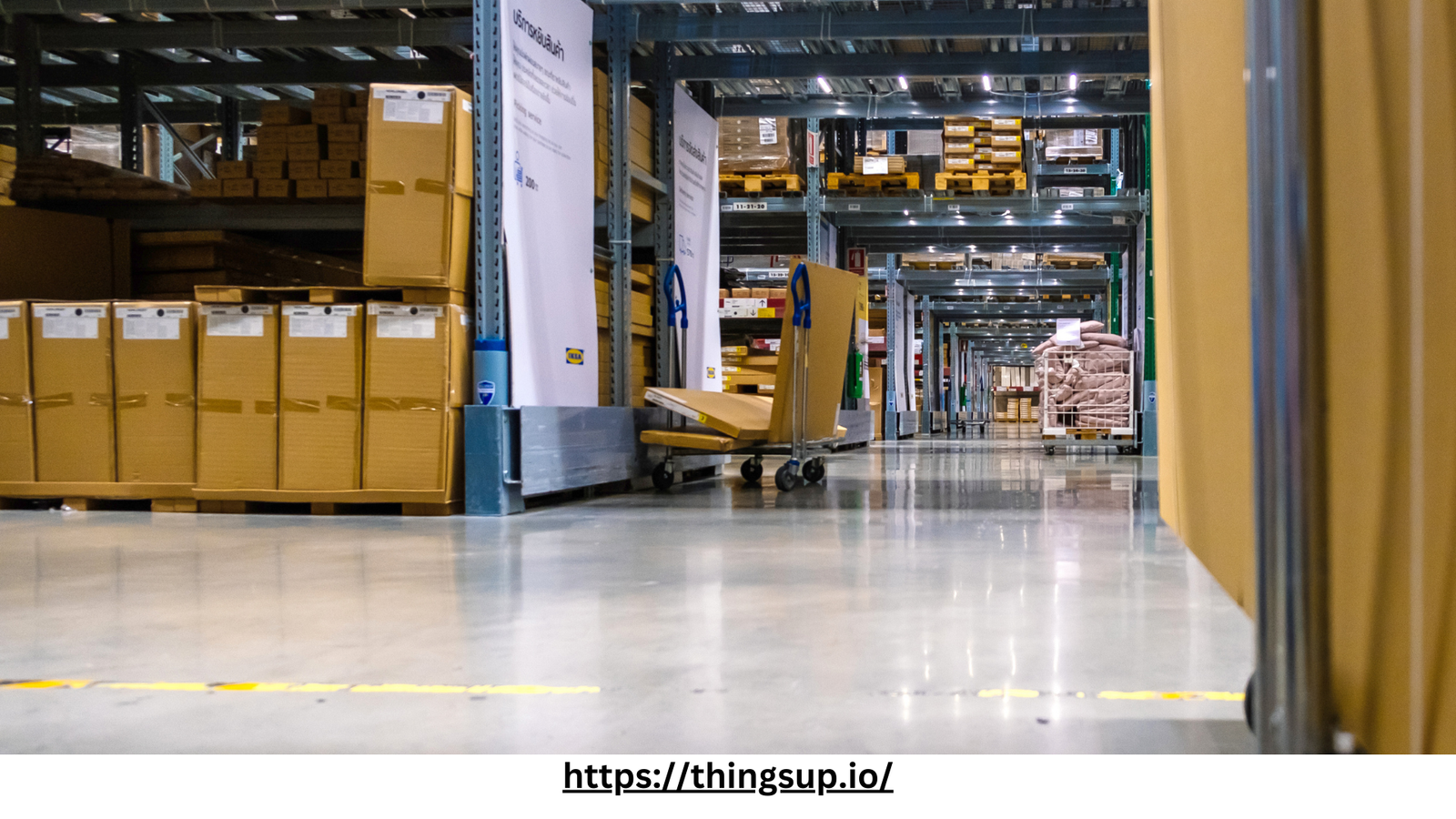The Internet of Things (IoT) is revolutionizing various industries, and one of the most impactful areas is smart energy management. The integration of IoT with energy systems enhances efficiency, reduces costs, and promotes sustainability. Businesses and homeowners are increasingly adopting IoT-based energy monitoring systems to optimize energy consumption, reduce waste, and ensure a greener future. In this article, we will explore the key benefits of IoT in smart energy management and how it plays a crucial role in building a sustainable energy ecosystem.
1. Real-Time Energy Monitoring and Analytics
IoT-enabled energy monitoring systems provide real-time data on energy consumption, helping users track usage patterns. Smart meters, sensors, and connected devices continuously collect and transmit data, allowing facility managers to make informed decisions. By analyzing this data, businesses can identify inefficiencies and optimize their energy usage.
2. Cost Reduction and Operational Efficiency
One of the primary benefits of IoT in smart energy management is cost savings. IoT-powered energy management systems help businesses and homeowners reduce energy bills by detecting wastage and suggesting optimal energy consumption patterns. Automated systems can adjust energy use based on real-time needs, reducing operational expenses.
3. Predictive Maintenance and Reduced Downtime
IoT-based energy monitoring systems enable predictive maintenance by identifying potential issues before they lead to failures. Sensors monitor equipment health and provide alerts when anomalies are detected. This proactive approach prevents costly breakdowns, extends equipment lifespan, and ensures uninterrupted operations.
4. Enhanced Automation and Smart Control
IoT technology allows seamless automation of energy-intensive processes. Smart energy management systems integrate with IoT platforms to control lighting, HVAC systems, and other electrical appliances based on occupancy and environmental conditions. This automation minimizes energy waste and enhances efficiency.
5. Integration with Renewable Energy Sources
IoT facilitates the integration of renewable energy sources like solar and wind power into existing energy grids. Smart grids equipped with IoT-enabled energy monitoring systems can balance energy demand and supply, ensuring maximum utilization of green energy. This reduces reliance on fossil fuels and promotes sustainable energy consumption.
6. Demand Response and Load Management
IoT-enabled energy management systems support demand response programs by adjusting energy consumption during peak hours. Smart devices can shift energy loads to non-peak hours, reducing grid strain and preventing blackouts. This benefits both consumers and utility providers by maintaining a stable power supply.
7. Improved Sustainability and Carbon Footprint Reduction
By optimizing energy usage, IoT contributes to reducing carbon footprints. Businesses and individuals can track their energy consumption patterns and implement strategies to lower emissions. Smart energy management solutions promote eco-friendly practices and help organizations meet sustainability goals.
8. Remote Energy Management and Control
With IoT-enabled energy monitoring systems, users can remotely monitor and control energy consumption from anywhere. Mobile applications and cloud-based platforms allow real-time access to energy data, enabling users to make adjustments even when they are not on-site. This feature is particularly beneficial for large enterprises with multiple locations.
9. Data-Driven Decision Making
IoT-powered energy management systems provide valuable insights through data analytics. Businesses can leverage these insights to implement energy-efficient policies, forecast future energy needs, and optimize resource allocation. Data-driven decision-making leads to improved performance and cost-effectiveness.
10. Compliance with Energy Regulations
Governments worldwide are enforcing stricter energy regulations to promote sustainability. IoT-based energy management systems help businesses comply with these regulations by monitoring and reporting energy consumption. Automated reporting and compliance tracking simplify adherence to energy efficiency standards.
Conclusion
IoT is transforming smart energy management by providing real-time monitoring, automation, predictive maintenance, and sustainability solutions. IoT-enabled energy monitoring systems help businesses and individuals optimize energy consumption, reduce costs, and contribute to a greener planet. By integrating IoT platform with energy management systems, industries can enhance efficiency, improve decision-making, and achieve long-term sustainability goals. As IoT technology continues to evolve, its role in smart energy management will become even more significant, paving the way for a more energy-efficient and eco-friendly future.
